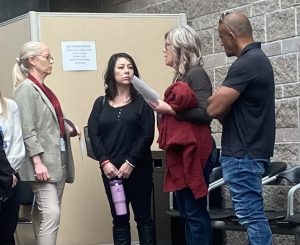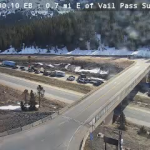What House Republicans’ reconciliation bill could mean for public lands in Colorado
Democrats and environmental groups are calling it the most environmentally destructive bill in U.S. history
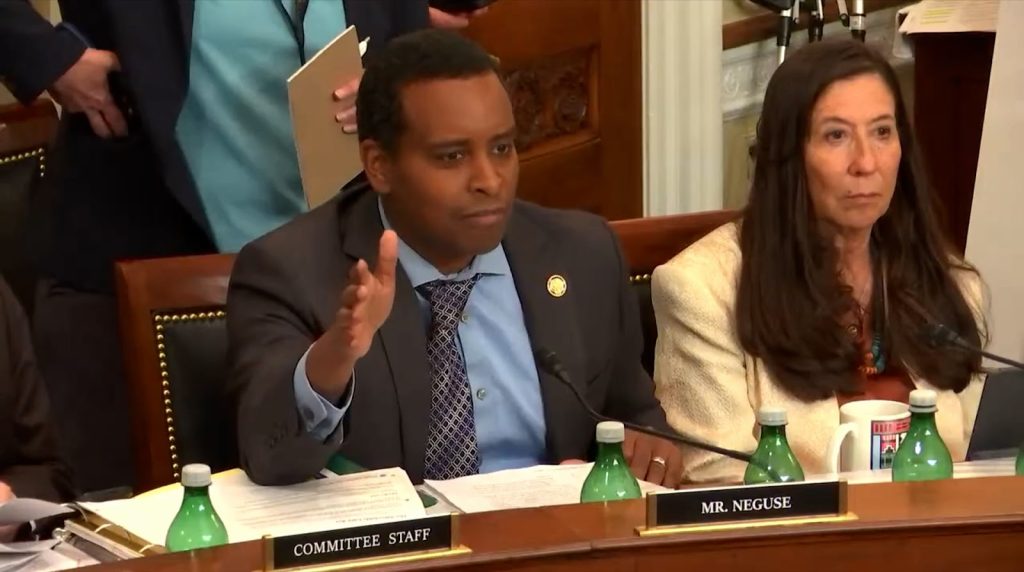
Courtesy Photo
Editor’s Note: A previous version of this article incorrectly stated that the amendment from Reps. Mark Amodei, R-Nev., and Celeste Maloy, R-Utah, would offer up the sale of 11,000 acres of public land in Utah and Nevada. This amendment would compel the sale of around half a million acres in both states.
House Republicans are forging ahead to open up public lands to more development and extraction.
On Tuesday, after an all-day hearing, the House Natural Resources Committee passed its portion of President Donald Trump’s “big, beautiful bill” to deliver on his tax, energy, national security and immigration promises.
The bill could have impacts on public land in Western Colorado as it strikes down resource management plans for the Bureau of Land Management’s Colorado River Valley and Grand Junction field offices, mandates quarterly lease sales for oil and gas on federal land in the state, and more.
The Natural Resources Committee’s bill would grant the ability for oil and gas companies to lease on over 200 million acres of national public land, sell public land in Utah and Nevada, reduce the onshore royalty rate, allow private entities to bypass the NEPA process for a fee, limit judicial and public review on environmental action, increase timber production, reinstate mineral leases, mandate offshore and Arctic drilling, cut Inflation Reduction Act funding from NOAA, the U.S. Forest Service, the Bureau of Land management, and more.

Support Local Journalism
Democrats and public lands advocates are calling the bill one of the most destructive and extreme anti-environment bills in the country’s history.
“In all sincerity, this reconciliation bill is the worst thing we’ve ever seen that actually has a legitimate shot of passing,” said Louis Geltman, the vice president of policy and government relations for the Outdoor Alliance, in an emailed statement.
The Outdoor Alliance is a coalition of 10 member-based organizations representing outdoor recreation interests. The alliance sent a letter to the committee ahead of Tuesday’s hearing, sharing their concerns with the “far-reaching negative effects” it would have on the environment, conservation and recreation.
“This bill seeks to ignore local input in recently finalized plans, prioritizes corporate profits over the interests of western Coloradans and reduces the onshore royalty rate to what it was in 1920,” said Juli Slivka, the policy director for the Carbondale-based nonprofit, Wilderness Workshop. “It is overreach, plain and simple, and it’s alarming to see Congress advancing policy that is so blatantly harmful to our way of life. Communities should determine the fate of their public lands, not the oil and gas industry.”
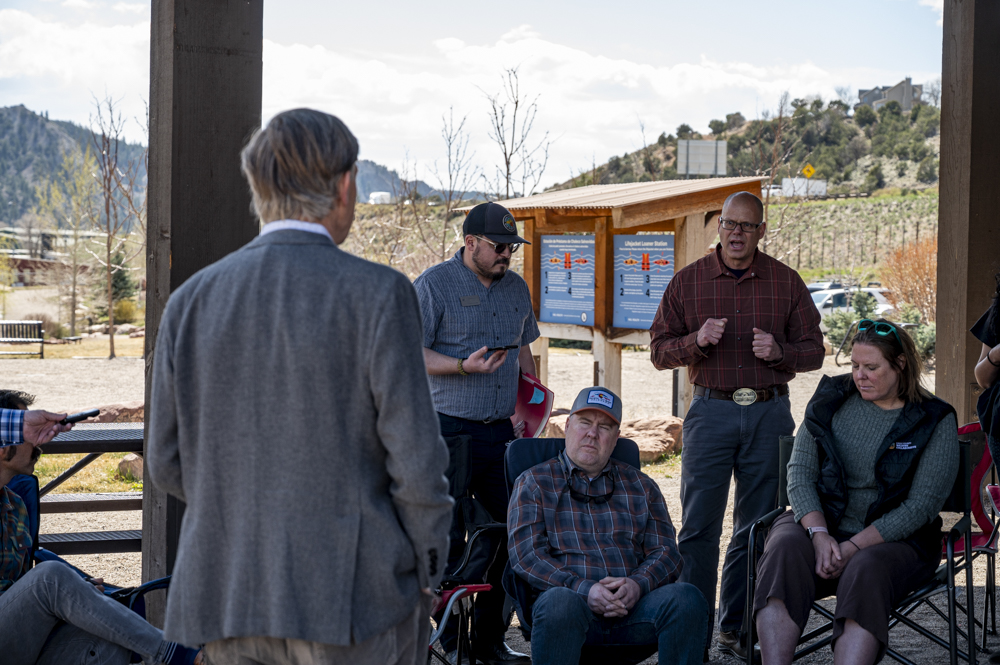
The committee’s bill is part of House Republicans’ effort to find $1.5 trillion in cuts in the budget reconciliation process. Republicans claim the Natural Resources portion will generate around $15 billion in savings through new oil and gas leases, energy development, and rollbacks of environmental protections.
“More than any other committee, we have a tremendous opportunity to promote access to America’s abundant resources, steer them well, and harness their vast potential to benefit the American people and to impact the budget,” said Rep. Bruce Westerman, an Arkansas Republican and the committee’s chair.
Colorado Republican U.S. Rep. Lauren Boebert, who represents the state’s 4th Congressional District in the east, said at the hearing that the bill “not only meets its reconciliation instructions, but also sets a foundation for long-term prosperity.”
The Western Energy Alliance — a trade group representing oil and gas companies in 13 states, including Colorado — was among the industry groups to support the bill.
In a press release, Kathleen Sgamma, the group’s outgoing president, said it would reverse damaging provisions implemented through former President Joe Biden’s Inflation Reduction Act and grant new tools to “make leasing, permitting, and environmental analysis under NEPA (National Environmental Policy Act) more efficient and timely.”
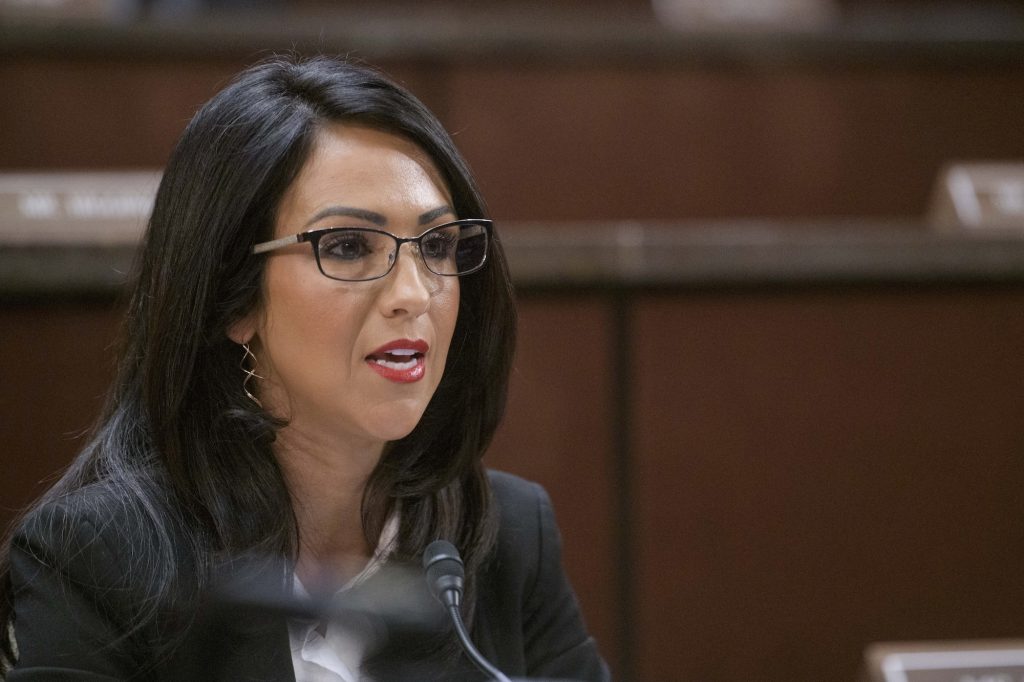
At the hearing, which stretched nearly 13 hours, Democrats pushed back against the bill, offering up over 120 amendments to strip provisions and add protections. Democrats argued that the bill’s fiscal argument was unfounded, it would undermine the public engagement process for federal land management policy and have dramatic environmental impacts.
“This bill is the biggest sellout of our American environment in history to net a small portion of the cost of the billionaire tax cut,” said Rep. Jared Huffman, a California Democrat and the committee’s ranking member, during the hearing. “This fiscal recklessness is paid for in part by environmental recklessness. In the long history of this committee, we’ve never seen a bill this environmentally destructive.”
Boebert is one of four Colorado lawmakers to sit on the House committee. She is joined by Republican Reps. Jeff Hurd, representing the 3rd Congressional District spanning most of the Western Slope, and Jeff Crank, representing the 5th Congressional District around Colorado Springs and Pueblo, as well as Democratic Rep. Joe Neguse, who represents the 2nd district spanning both mountain and northern Front Range counties.
On Tuesday, Neguse introduced several failed amendments that proposed funding for Colorado River drought resilience; attempted to secure funding for NOAA, National Park staff and bring back terminated federal employees; sought to prohibit public land sales; prevent the closure of federal offices for the U.S. Forest Service, Department of the Interior and NOAA; and more.
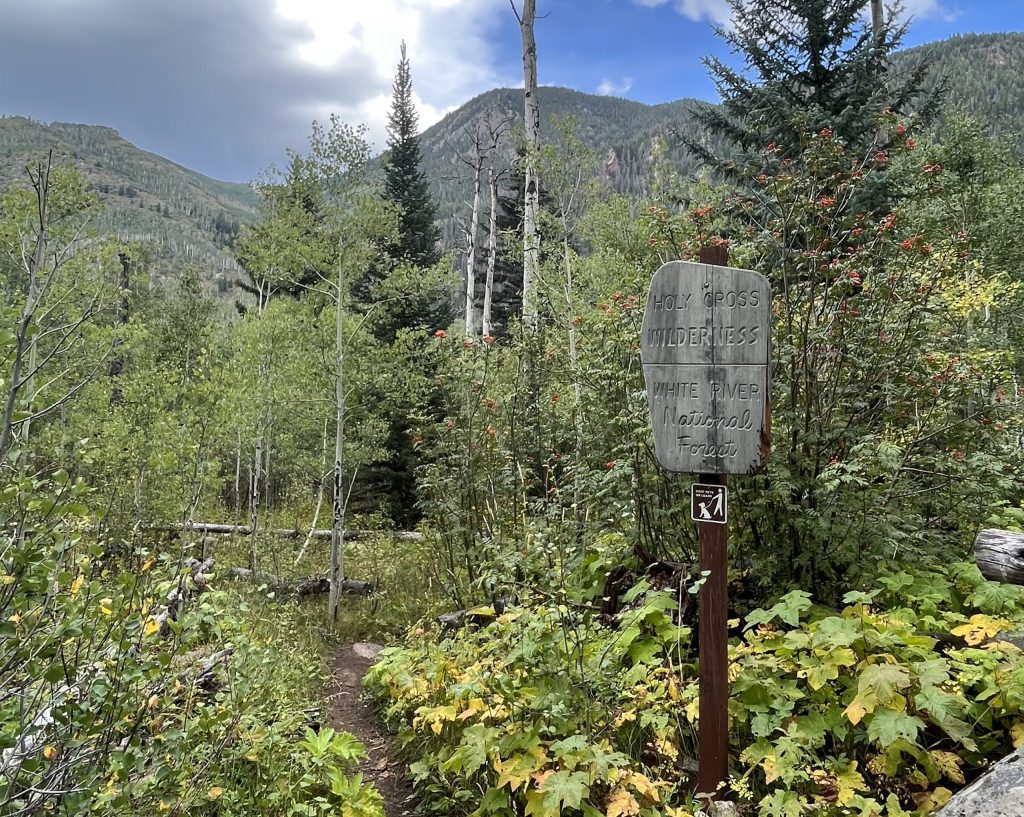
“Congressional Republicans’ budget reconciliation bill contains sweeping and deeply unpopular proposals that undermine land management agencies and could sell off protected public lands and waters,” Neguse said in a statement to the Aspen Times. “All this to usher in new tax breaks for billionaires, at the expense of the workers, agencies, visitors, and community members who depend on and care for our nation’s shared landscapes.”
Impacts in Western Colorado
One of Neguse’s amendments was to strike the bill’s provision that would prohibit the Bureau of Land Management from implementing two Colorado resource management plans. The bill also proposes halting resource management plans in three other states.
A memo from the House Natural Resources Committee claimed that the five resource management plans slated for reversal went against multiple-use principles and local and state wishes. Of the Colorado plans, it stated that they “collectively closed more than 1 million acres of land to fluid mineral leasing.”
The two Colorado plans were finalized last fall, and according to the bureau, made around 85% of lands that have “high potential” open to future oil and gas leases, while closing “low and medium potential” areas to leases. The plans also extended wilderness protections and conservation areas.
Slivka, from the Wilderness Workshop, referred to the plans as “multiple-use management plans that balance recreation, wildlife conservation, wilderness protection, air and water quality, and still enable oil and gas production on nearly one million acres of land.”
Chris Arend, a spokesperson for Colorado’s Department of Natural Resources, said in a statement that the state agency had deep concerns about the proposal to block these plans, both of which “drew near consensus support,” when finalized. This included support from the state.
“Both of these final resource management plans replaced decades-old plans, which are far overdue for updating,” he said. “Coloradans deserve and expect federal land management plans that reflect on the ground needs of our wildlife, outdoor recreation, hunting, fishing, and sustainable use of our natural resources.”
Slivka added that both the oil and gas industry as well as local governments supported these plans.
“Congress should not be meddling in locally driven collaborative plans, and it’s shameful for Washington D.C. to overrule Western Coloradans with this overreaching legislation,” Slivka said.
Speaking in support of the committee bill on Tuesday, Boebert called all five resource management plans “restrictive.”
In rolling them back, she argued that it would free up “opportunities for responsible development that balances economic growth and environmental stewardship.”
“We want to be good stewards of our land, and I believe that we are,” she said. “By boosting domestic energy, we reduce reliance on foreign adversaries, strengthen national security, and create thousands of good-paying American jobs.”
The Colorado resource management plans were among those that Hurd sought to repeal with a bill he introduced in March. In a press release statement, Hurd said reissuing the plans would “put us on a path to energy dominance allowing for a more secure and prosperous United States.”
According to Arend, Colorado’s Department of Natural Resources is still evaluating the entire bill from the House committee on how it will impact Colorado. Among the agency’s concerns, he listed “reduced protections for public lands and diminished state revenues from royalties on oil and gas production, as well as increased fees for renewable energy projects, which will raise costs and hinder the state’s clean energy goals.
“(The department) is also particularly concerned about committee proposals to rescind unobligated Inflation Reduction Act funds administered by the Bureau of Land Management and U.S. National Park Service for conservation, ecosystem and habitat restoration programs, as well as staffing at National Parks,” Arened said. “These programs help to protect water supplies from wildfire and drought while benefiting agricultural producers and rural economies.”

Last-minute land sale
During Tuesday’s committee hearing, only one of over 120 amendments, most of which were offered by Democrats, passed. The amendment, which came after nearly 13 hours of debate, was presented by Republican Reps. Mark Amodei of Nevada and Celeste Maloy of Utah and offered up the sale of around half a million acres of public land managed by the Forest Service and Bureau of Land Management in Nevada and Utah.
The representatives have indicated this pertains to nearly 450,000 acres in Nevada and over 10,000 acres in Utah. An analysis conducted by the advocacy group The Wilderness Society estimates it pertains to over 500,000 in Nevada and around 11,500 in Utah. The group relied on maps and resource management plans for the areas identified.
Neguse referred to the amendment as “deeply irresponsible,” pointing out that Amodei did not represent the Nevada county where the sales would occur.
“To basically say to (your colleagues in Nevada) that they have no say as to what happens with respect to land conveyances in their congressional districts, I think is a slippery slope,” Neguse said.
Hurd was the only Republican lawmaker to join Democrats in voting against the late-night amendment. He voted with his Republican colleagues in all other aspects of the bill at Tuesday’s hearing.
“I voted ‘no’ on the Amodei amendment because it would have violated one of the fundamental principles of public lands management that I campaigned on — decisions should be made by local communities,” he said in a statement to the Aspen Times.
He did not respond to questions on any other aspects of the reconciliation package from the Natural Resources Committee.
House Republicans were silent during much of Tuesday’s markup, much to the frustration of Democrats. On several occasions, Neguse attempted to provoke debate with several of the GOP lawmakers, even suggesting they were under some kind of gag order during the hearing.
Neguse called the lack of debate on any of the amendments that Republicans voted down “baffling,” “not normal,” and “not the way that Congress is supposed to function.”






